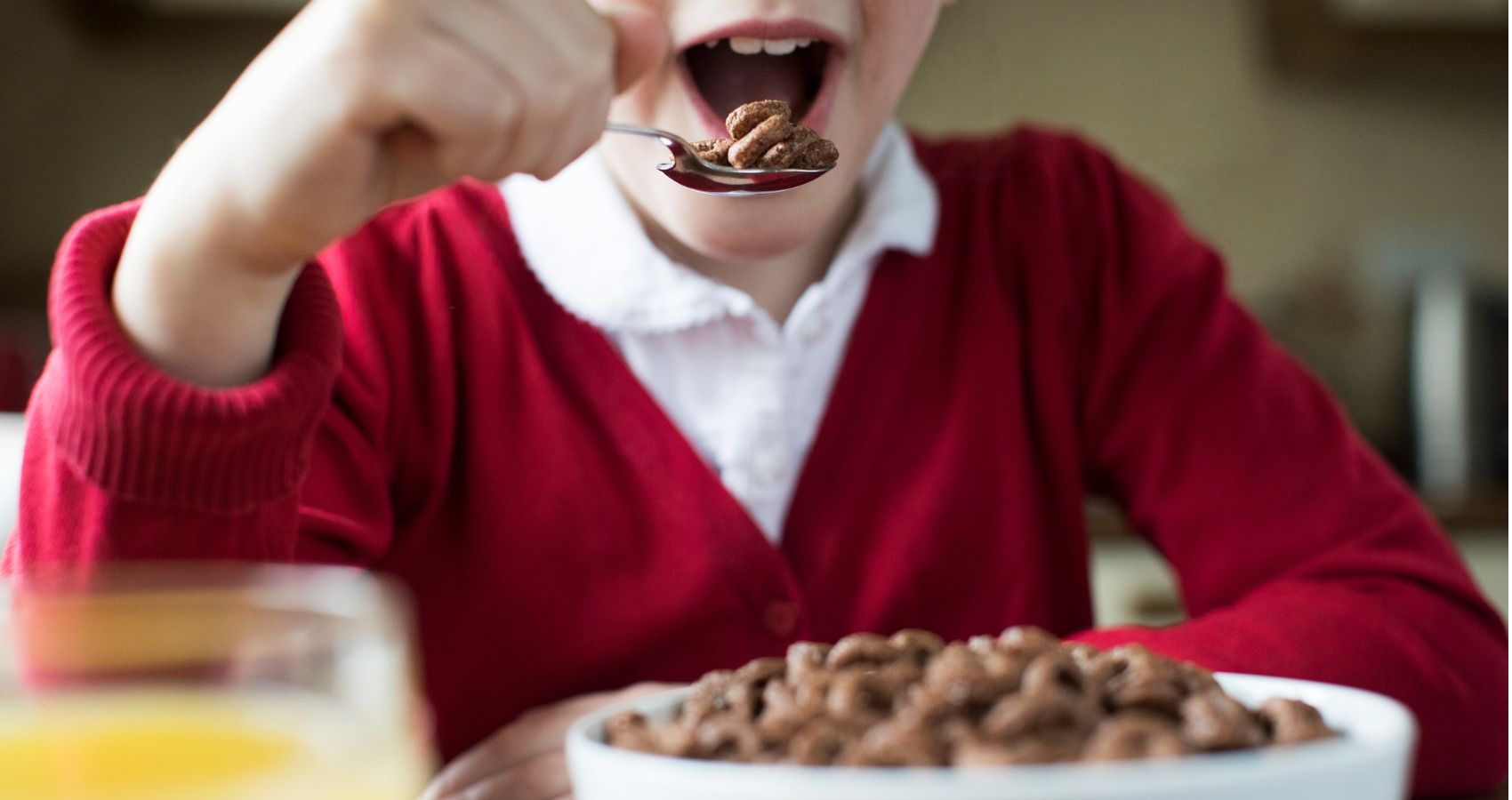Last summer, a startling and extremely concerning report was released by the non-profit Environmental Working Group (EWG). The study found trace amounts of glyphosate, an herbicide, in several popular breakfast cereals. Glyphosate is the key ingredient in Roundup, a popular weedkiller created by Monsanto in 1974. At the time, it was hailed as a major breakthrough for farmers - crops could be genetically modified to withstand the glysophate in the herbicide, allowing farmers to kill weeds without damaging their crops.
But the International Agency for Research on Cancer (IARC) concluded that glysophate was a Group 2a carcinogen, one that probably caused cancer in people. So to find it in the cereals we feed our kids was concerning, to say the least. The original EWG study found trace amounts in 43 out of 45 oat-derived products geared toward kids, with Quaker Oats, General Mills, and Nature Valley products faring the worst. Now, a follow-up study by EWG has once again found glysophate in some of the same products tested in the original study.
The second EWG study was released on June 12, 2019. The group found levels of glysophate above their benchmark for children's health. They tested 21 products made by General Mills, including six varieties of Cheerios and 14 varieties of Nature Valley products. The two worst culprits were Honey Nut Cheerios Medley Crunch, with a glysophate level of 833 parts per billion, and Cheerios, with a level of 729 parts per billion. The benchmark for EWG is 160 parts per billion.
Whether or not this should be a major concern for parents is still being debated. The Environmental Protection Agency said in 2017 that glysophate is not likely to be carcinogenic to humans, and that trace detectable amounts of pesticides on fruits, vegetables, and other products does not mean it's unsafe. Tamika Sims, PhD, director, food technology communications at the International Food Information Council, says that tolerable levels of pesticides are determined by the EPA, and that those levels should fall within what's considered what's considered safe for adults and children.
Sims says parents shouldn't be concerned with giving these products to their kids, as the foods in question are regulated for safety. If you have any concerns about the products that have tested positive for higher levels of glysophate, talk to your doctor or another trusted medical professional for advice.
READ NEXT: Kellogg's Issues Recall Over Their Honey Smacks Cereal

